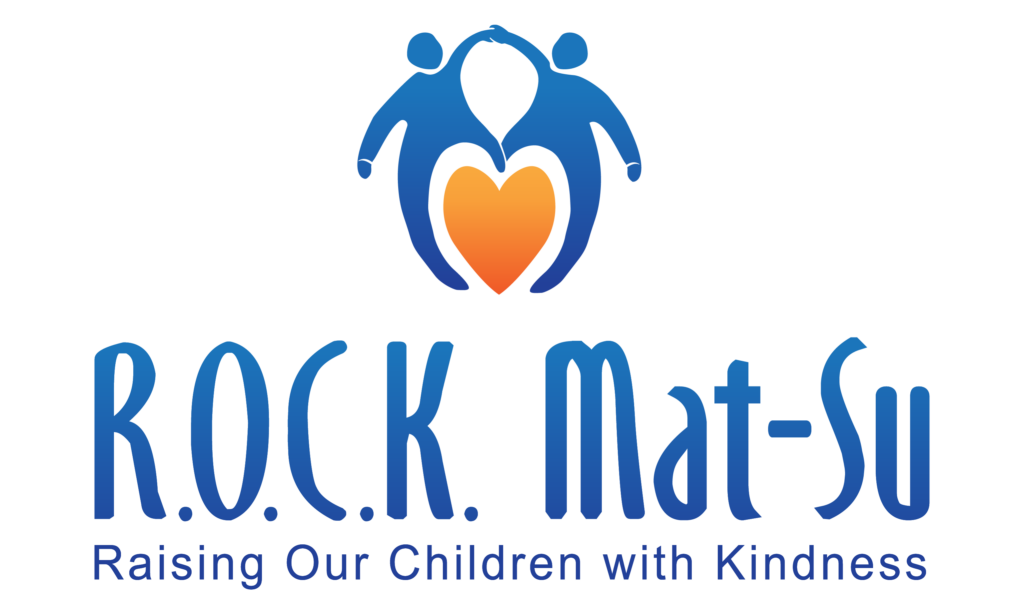By Nurture Connection
Partnering with parents with lived experience has been fundamental to the Early Relational Health (ERH) programming at R.O.C.K. Mat-Su (Raising Our Children with Kindness), a cross-sector collaborative of community members designed to promote family resilience and decrease child maltreatment in Alaska’s Matanuska-Susitna Borough.
The largely rural, agricultural area — about the size of West Virginia and around 35 miles from Anchorage — is home to some 120,000 people, including indigenous tribal communities; around 15 to 20 percent of the residents in the Mat-Su are Alaskan Natives. About 1,500 babies are born in the borough each year, with about half of all infants being birthed outside hospital settings.
As part of Nurture Connection’s journey to learn what ERH looks like in the day-to-day realities of our network members, we have conducted listening sessions. In this recorded session with R.O.C.K. Mat-Su, learn from collaborative staff and members about the community organization’s Hello BABY initiative, a coordinated, family-centered system of care for pregnant people and families with young children (0–5) that connects them to information, referrals, and supports. As outlined in the recent report on Early Relational Health, a core principle of ERH is to “meet parents and families where they are.” R.O.C.K. Mat-Su is living out this principle by ensuring that parents have a pivotal voice in the initiative’s structure, mission, and vision.
Dana Chmielowski, a parent with lived experience with addiction who participated in the ERH in Action listening session, shared that she can empathize with individuals under severe stress and put herself in other parents’ shoes. For example, she encourages collective members to speak in “living room language,” versus “agency speak.” In the process, she has helped all parties understand the importance of choosing wording that is inclusive and accessible.
Chmielowski also explains that offering Early Relational Health services to all parents helps destigmatize parents in need seeking help. Individuals with lived experience often think differently from professionals in the community who want to help, Chmielowski explains. Understanding what it means to ask for help and how hard that is for parents to do is vital to breaking down stigma, she adds.
The collective wants to see children in the community be well cared for and safe by maintaining 15 initiatives that work to create transformative systems change. In addition to Hello BABY, other initiatives include an annual Community Baby Shower, the Palmer Infants and Toddlers Court (based on the national advocacy organization Zero to Three’s Safe Babies Court Team model), and a Family Contact Improvement project. R.O.C.K. Mat-Su aims to inform the trajectory of initiatives through community engagement whenever possible. Chmielowski’s participation in the Hello BABY workgroup is one example of how R.O.C.K. Mat-Su supports and prioritizes parent voices.
Listen in to hear about a parent who graduated from the court program and has gone on to work with an agency serving at-risk children and their families. As R.O.C.K. Mat-Su director Betsy Larson says, the program offers parents, caregivers, and children hope. And the belief in the power of transformative change, says program manager Megan Ernst.
And as program manager Jessica Clarkson adds: Parents want success, and they want to define it. “How can you argue with that?”
This blog is part of Nurture Connection’s “ERH in Action” series of listening and learning sessions. Our network is full of meaningful examples of people and organizations promoting ERH in their daily lives and work. Our new “ERH in Action” series highlights and uplifts stories from various fields to share learnings, challenges, and bright spots in the movement.
